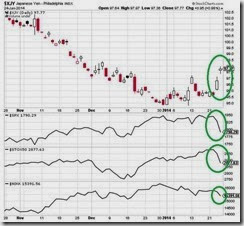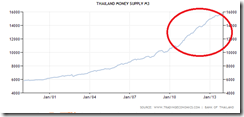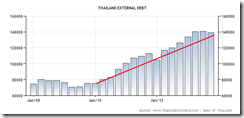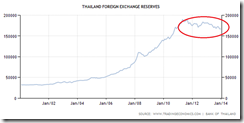[update: I changed the title of this post]
I have communicated with the great Austrian economist Walter Block, I offered to publish some of his works here to help spread Austrian economics and libertarianism.
I have communicated with the great Austrian economist Walter Block, I offered to publish some of his works here to help spread Austrian economics and libertarianism.
So I will start with Mr. Block’s take on academia's promotion of Social Justice. The following article is from Mr. Block’s Building Blocks for Liberty p. 235-237 (Thanks Professor Block)
On many university campuses, there is a push on to promote Social Justice. There are two ways to define "Social Justice."First, this concept may be defined substantively. Here, it is typically associated with left wing or socialist analyses, policies and prescriptions. For example, poverty is caused by unbridled capitalism; the solution is to heavily regulate markets, or ban them outright. Racism and sexism account for the relative plight of racial minorities and women; laws should be passed prohibiting their exercise. Greater reliance on government is required as the solution of all sorts of social problems. The planet is in great danger from environmental despoliation, due to an unjustified reliance on private property rights. Taxes are too low; they should be raised. Charity is an insult to the poor, who must obtain more revenues by right, not condescension. Diversity is the sine qua non of the fair society. Discrimination is one of the greatest evils to have ever beset mankind. Use of terminology such as "mankind" is sexist, and constitutes hate speech.Secondly, Social Justice may be seen not as a particular viewpoint on such issues, but rather as a concern with studying them with no preconceived notions. In this perspective, no particular stance is taken on issues of poverty, capitalism, socialism, discrimination, government regulation of the economy, free enterprise, environmentalism, taxation, charity, diversity, etc. Rather, the only claim is that such topics are important for a liberal arts education, and that any institution of higher learning that ignores them does so at peril to its own mission.So that we may be crystal clear on this distinction, a Social Justice advocate of the first variety might claim that businesses are per se improper, while one who pursued this undertaking in the second sense would content himself by merely asserting that the status of business is an important one to study.Should a University dedicate itself to the promotion of Social Justice? It would be a disaster to do so in the first sense of this term, and it is unnecessary in the second. Let us consider each option in turn.Should an institution of higher learning demand of its faculty that they support Social Justice in the substantive left wing sense, it would at one fell swoop lose all academic credibility. For it would in effect be demanding that its professors espouse socialism. But this is totally incompatible with academic freedom: the right to pursue knowledge with an open mind, and to come to conclusions based on research, empirical evidence, logic, etc., instead of working with blinders, being obligated to arrive only at one point of view on all such issues.This would mean, for example, in economics, the area with which I am most familiar, to be constrained to conclude that the minimum wage law is the last best hope for the unskilled, and that continually raising it is both just and expeditious; that free trade is pernicious and exploitative. It is more than passing curious that those in the university community who are most heavily addicted to diversity cannot tolerate it when it comes to divergence of opinions, conclusions, public policy prescriptions, etc.What about promoting Social Justice in the second sense; not to enforce conclusions on researchers but merely to urge that questions of this sort be studied?This is either misguided, or unnecessary.It is misguided in disciplines such as mathematics, physics, chemistry, music, accounting, statistics, etc., since these callings do not typically address issues related to Social Justice. There is no "just" or "unjust" way to deal with a "T" account, a quadratic equation or an econometric regression; there are only correct and incorrect ways to go about these enterprises. To ask, let alone to demand, that professors in these fields concern themselves with poverty, economic development, wage gaps or air pollution is to take them far out of their areas of expertise. It is just as silly as asking a philosopher to teach music, or vice versa.And it is totally unnecessary, particularly in the social sciences but also in the humanities. For if members of these disciplines are not already conducting studies on issues germane to Social Justice (and, of course, to other things as well) then they are simply derelict in their duty. If historians, sociologists, anthropologists, economists, philosophers are ignoring poverty, unemployment, war, environmentalism, etc., no exhortations to the contrary are likely to improve matters.Colleges and universities therefore ought cease and desist forthwith from labeling themselves in this manner, and from promoting all extant programs to this end. It is unseemly to foist upon its faculty and students any one point of view on these highly contentious issues. It would be just as improper to do so from a free enterprise, limited government private property rights perspective as it is from its present stance in the opposite direction. For additional material critical of these initiatives, see Michael Novak and Walter Williams.Of course, social justice may be defined in yet a third manner: as favoring justice in the "social" arena, as opposed to other venues. Here, all intellectual combatants would favor the promotion of this value; the only difference is that leftists, for example, mean by this some version of egalitarianism, while for libertarians justice consists of the upholding of private property rights. For a college to uphold social justice in this sense would be highly problematic, in that two very different things would be connoted by this phrase.







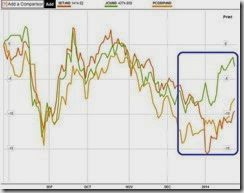
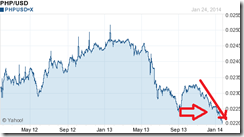
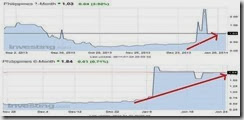

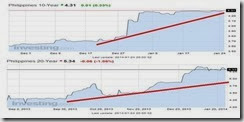

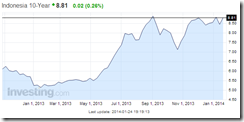
![clip_image001[1] clip_image001[1]](http://lh5.ggpht.com/-Gzq65CeuPNI/UuPX3GdhiwI/AAAAAAAAZjE/DrFsJlcbeOk/clip_image001%25255B1%25255D_thumb.png?imgmax=800)

